
By Isaac BOADI(Prof)
The Public Utilities Regulatory Commission recently approved steep hikes in electricity and water tariffs, citing rising operational costs and the need for sector sustainability.
The review saw an upward adjustment in electricity tariff by 4.22% and water tariff by 1.18%., sparking public outcry over the added strain on households already grappling with inflation.
Yet, as citizens brace for higher bills, a critical question looms: Why impose heavier burdens on ordinary Ghanaians while billions of cedis continue to hemorrhage unchecked from state coffers?
Data from the Ghana Revenue Authority (GRA), Auditor General, and international institutions reveal systemic revenue losses dwarfing the gains from tariff hikes.
According to Prof. Isaac Boadi, Dean, Faculty of Accounting and Finance, UPSA and Executive Director, Institute of Economic and Research Policy, IERPP remarked “Collectively, Ghana loses $9.02 billion annually to tax evasion, smuggling, and corruption,” This equivalent to:
- 6x the budget for Free Senior High School (SHS) (2023 Budget).
- 50% of the $18 billion debt servicing cost (World Bank, 2023).
- 4.5x the Ghana’s 2023 National Health Insurance Scheme (NHIS) allocation.
Ghana’s fiscal stability is threatened by massive revenue leaks. The gold mining sector loses $2 billion annually to tax evasion and smuggling (GHEITI, 2022). Opaque oil and gas contracts have left $1.5 billion unaccounted since 2020 (Energy Minister, 2023).
Customs faces $950 million in evaded import duties due to under-invoicing (World Bank, 2023), while cocoa smuggling drains $150 million yearly (Ministry of Agriculture, 2023).
The Auditor General’s 2023 warning, “Without plugging these leaks, Ghana’s fiscal stability will remain a mirage”. This highlights the urgent need for reforms to redirect lost funds toward national priorities.
To determine how much the 4.22% electricity tariff increase and 1.18% water tariff increase are projected to generate for the Public Utilities Regulatory Commission (PURC) and for that matter Ghana, we need a baseline revenue figures for electricity and water sectors.
To back tract for the purposes of clarity, in July 2024, the PURC approved a 22% electricity tariff hike and 5% water tariff increase, that generated $320 million annually.
Let us assumed the same $320 million annually is used in this analysis, this figure pales in comparison to the $9.02 billion lost yearly to leakages, a gap 28 times larger. For perspective:
- Recovering just 10% of the $9.02 billion (?$902 million) could offset tariff hikes threefold.
- The $250 million lost annually at ports (Ghana Shippers’ Authority, 2023) alone exceeds the projected tariff revenue.
This raises ethical and economic concerns. As Prof. Isaac Boadi, argues: “Revenue hemorrhage is not just an economic issue; it is a moral failure. Every dollar lost deepens inequality and deprives citizens of basic services.”
SML and GRA: A case for plugging leaks
Strategic Mobilizations Limited (SML), contracted by the GRA to modernize revenue systems, demonstrates the potential of anti-leakage measures. Since 2023, SML’s digitization of port operations and real-time tracking at Tema Harbour reportedly reduced under-declaration of imports by 30%, recovering $50 million monthly in evaded duties (GRA Quarterly Report, Q1 2024).
Ministry of Finance’s 2024 Mid-Year Fiscal Policy Review noted a “significant decline in under-declaration due to enhanced digital tracking at ports,” An independent audit by KPMG Ghana (2024), commissioned to review SML’s performance, reported a 22–25% reduction in under-declaration at Tema Harbour between 2023 and Q1 2024.
These success underscores the viability of systemic reforms. Scaling such initiatives across sectors like mining, oil, and agriculture could unlock billions, rendering punitive tariffs unnecessary. The government’s reliance on tariff hikes reflects a flawed approach to fiscal recovery. Instead of squeezing households, policymakers must prioritize:
To address Ghana’s fiscal instability, a multi-pronged approach is critical: digitizing tax collection and port systems (as demonstrated by SML’s anti-smuggling model) to eliminate ghost invoices and under-declaration through real-time tracking; ensuring transparency by mandating public disclosure of oil, gas, and mining contracts (per GII, 2022) to empower citizen oversight and curb corporate exploitation; and enforcing stricter sanctions, including jail terms for tax evasion (Auditor General, 2023), to deter malpractice and strengthen accountability. Together, these reforms aim to plug systemic leaks, recover billions in lost revenue, and redirect funds toward national development priorities.
As the Ghana Integrity Initiative warned: “Accountability must become a national priority, not a slogan.” Until leakages are curbed, tariff hikes will remain a band-aid on a hemorrhaging economy, one that ordinary citizens cannot afford to keep financing.
Prof. Boadi is the Dean, Faculty of Accounting and Finance, UPSA and Executive Director, Institute of Economic and Research Policy, IERPP
The post A question of priorities-fix the system, not the bills appeared first on The Business & Financial Times.
Read Full Story

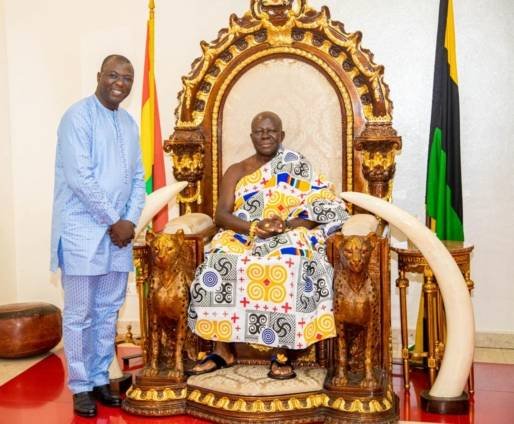


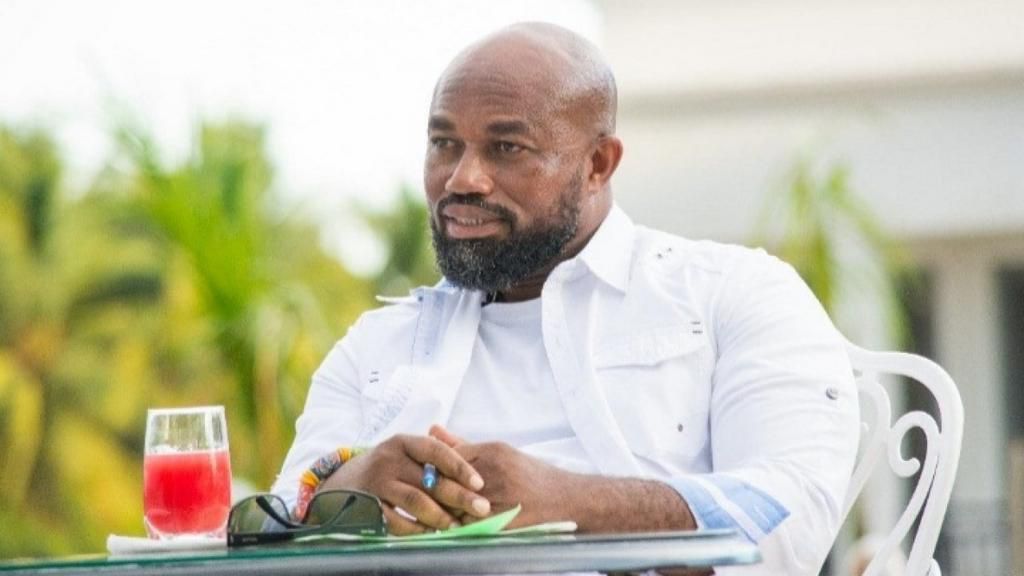



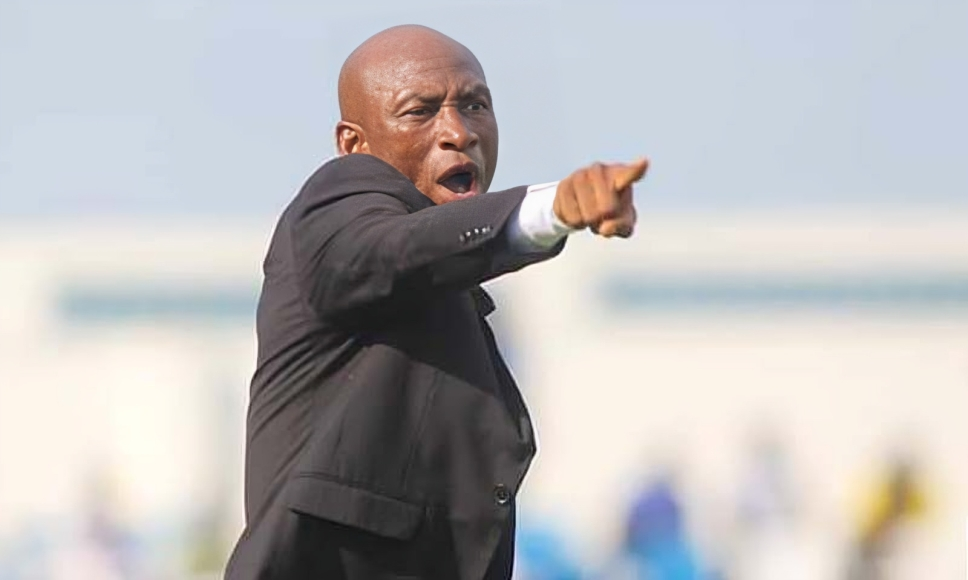


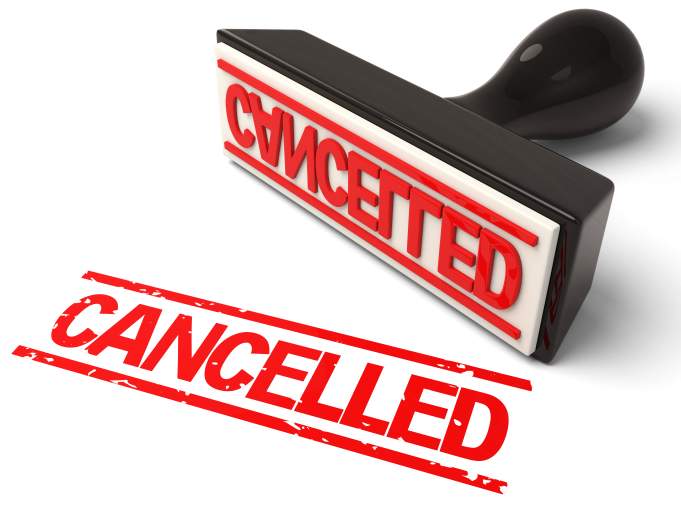
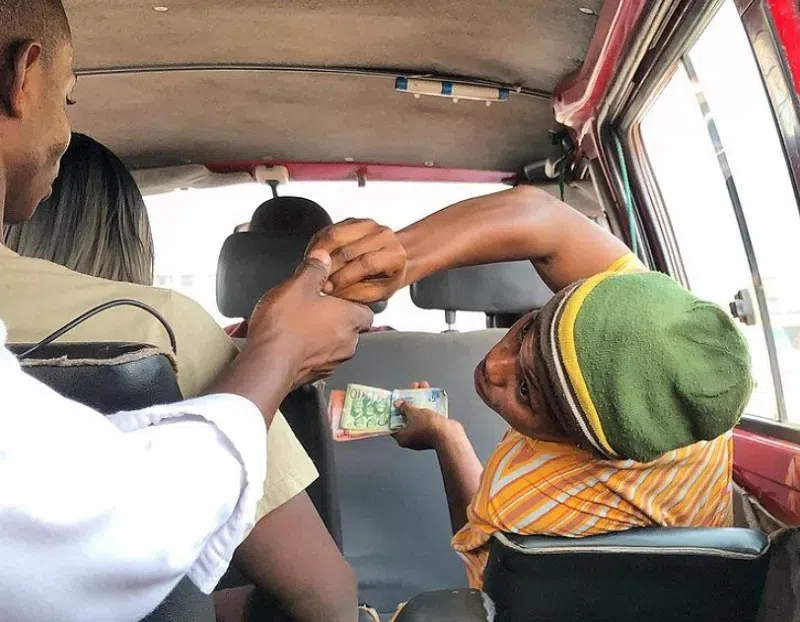

Facebook
Twitter
Pinterest
Instagram
Google+
YouTube
LinkedIn
RSS